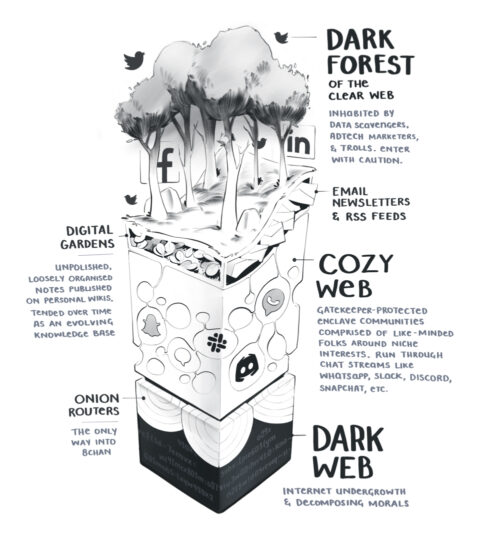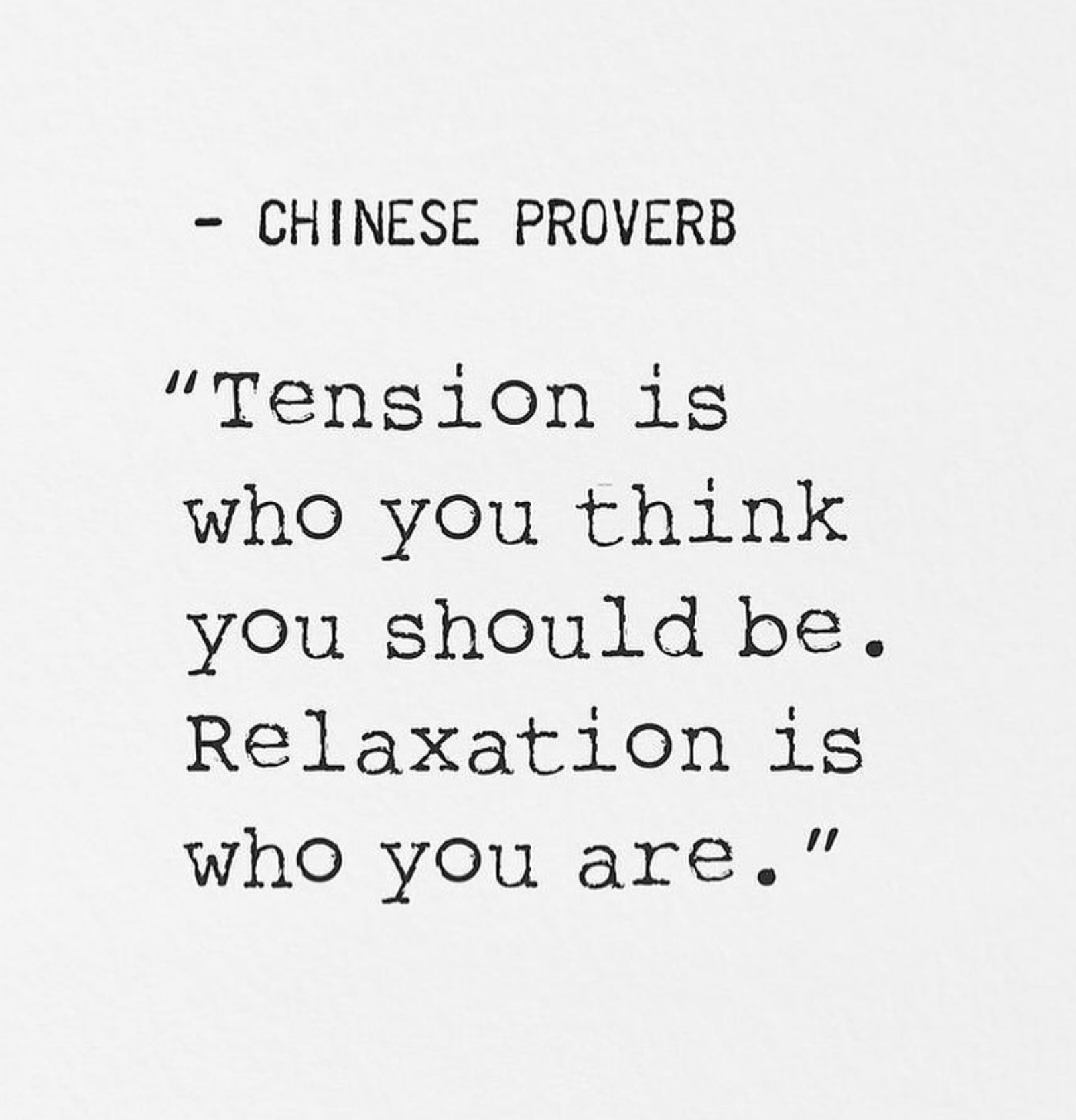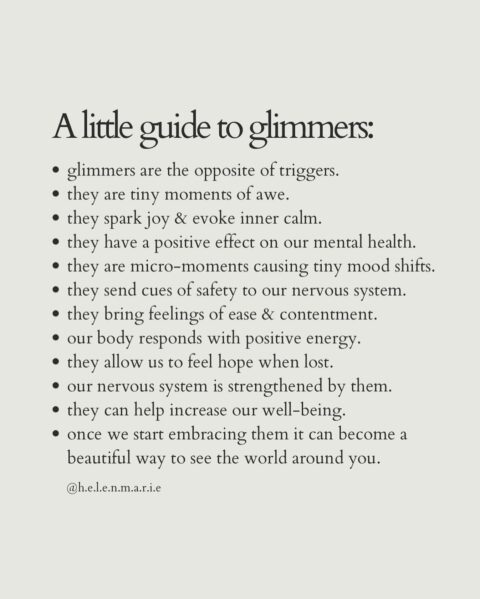“To be hopeful in bad times is not just foolishly romantic. It is based on the fact that human history is a history not only of cruelty, but also of compassion, sacrifice, courage, kindness.
What we choose to emphasize in this complex history will determine our lives. If we see only the worst, it destroys our capacity to do something. If we remember those times and places—and there are so many—where people have behaved magnificently, this gives us the energy to act, and at least the possibility of sending this spinning top of a world in a different direction.
And if we do act, in however small a way, we don’t have to wait for some grand utopian future. The future is an infinite succession of presents, and to live now as we think human beings should live, in defiance of all that is bad around us, is itself a marvelous victory.”
― Howard Zinn
To Be Hopeful
The Guest House
This being human is a guest house.
Every morning a new arrival.A joy, a depression, a meanness,
some momentary awareness comes
as an unexpected visitor.Welcome and entertain them all!
Even if they’re a crowd of sorrows,
who violently sweep your house
empty of its furniture,
still, treat each guest honorably.
He may be clearing you out
for some new delight.The dark thought, the shame, the malice,
meet them at the door laughing,
and invite them in.Be grateful for whoever comes,
because each has been sent
as a guide from beyond.
Rainbows in My Clouds
I love Maya Angelou‘s notion of taking anyone who has ever been kind to her energetically on stage with her when she gives talks. That way, she is never alone. Always supported. I will think of this next time I give a talk.
50 Ways To Fuel A Conversation
1. Be the first to say hello.
2 Introduce yourself to others.
3. Take risks and anticipate success.
4. Remember your sense of humor.
5. Practice different ways of starting a conversation
6. Make an extra effort to remember people’s names.
7. Ask a person’s name if you’ve forgotten it.
8. Show curiosity and sincere interest in finding out about others.
9. Tell others about the important events in your life. Don’t wait for them to draw it out.
10. Demonstrate that you are listening by restating their comments in another way.
11. Communicate enthusiasm and excitement about your subjects and life in general
12. Go out of your way to try to meet new people wherever you are.
13. Accept a person’s right to be an individual with different ideas and beliefs.
14. Let the natural person in you come out when talking with others.
15. Be able to succinctly tell others-in a few short sentences-what you do.
16. Reintroduce yourself to someone who is likely to have forgotten your name.
17. Be ready to tell others something interesting or challenging about what you do.
18. Be aware of open and closed body language.
19. Smile, make eye contact, offer a handshake, and go find the approachable person.
20. Greet people that you see regularly.
21. Seek common interests, goals, and experiences with the people you meet.
22. Make an effort to help people if you can.
23. Let others play the expert.
24. Be open to answering common ritualistic questions.
25. Be enthusiastic about other people’s interests.
26. See that the time is balanced between giving and receiving information.
27. Be able to speak about a variety of topics and subjects.
28. Keep up to date on current events and issues that affect our lives.
29. Be willing to express your feelings, opinions, and emotions to others.
30. Use T when you speak about your own feelings and personal things, rather than “you.”
31. Visually show others that you are enjoying your conversation with them.
32. Be ready to issue invitations to others to join you for other events/activities to further the relationship.
33. Find ways to keep in touch with friends and acquaintances you meet.
34. Seek out others® opinions.
35. Look for the positive in those you meet.
36. Start and end your conversations with the person’s name and a handshake or warm greeting.
37. Take the time to be friendly with your neighbors and coworkers.
38. Let others know that you would like to get to know them better.
39. Ask others about things that they have told vou in previous nonversation
40. Listen carefully for free information.
41. Be ready to ask open-ended questions to learn.
42. Change the topic of conversation when it has run its course.
43. Always search for the things that really get another excited.
44. Compliment others about what they are wearing, doing, or saying.
45. Encourage others to talk to you by sending out positive signals.
46. Make an effort to see and talk to people you enjoy.
47. When you tell a story, present the main point first and then add the supporting details.
48. Include everyone in the group in conversation whenever possible.
49. Look for signs of boredom or lack of interest from your listener.
50. Prepare ahead of time for each social or business function.
50 Ways To Fuel A Conversation, by Debrah Fine
40 by Frank Chimero
I absolutely love these learnings by Frank Chimero.
Tim Ferriss and Seth Godin
Thoroughly enjoyed this conversation between Seth Godin and Tim Ferriss. Lots of gems around improving your writing, showing up for yourself, making room for new experiences and consistency.
In 2013 Seth Godin gave a beautiful talk at CreativeMornings. Well worth a listen too.
How To Discover Your Own Taste
This episode of The Ezra Klein’s Show on How To Discover Your Own Taste is absolutely wonderful. I will make sure my teenage kids will get to hear it too.
(Thank you Annie)
How Language Shapes Thought
What an incredibly fascinating talk by Lera Boroditsky on how language structure shapes thought! Highly recommend!
The Opposite of Addiction
“The opposite of addiction is not sobriety, the opposite of addiction is connection.”
Heard here. And here’s the full TED talk by Johann Hari. (Thanks for the comment, Pablo)
Now is Better
The conversation starts at 16:47
We closed out our CreativeMornings/NYC year with a conversation between two design legends, Debbie Millman and Stefan Sagmeister. I love Stefan’s orientation towards optimism and urging us to think longterm. Jump to the start of their conversation by clicking here and skipping over all the intros. You can buy Now Is Better Book here.
Things That Aren’t Doing The Thing
“Preparing to do the thing isn’t doing the thing.
Scheduling time to do the thing isn’t doing the thing.
Making a to-do list for the thing isn’t doing the thing.
Telling people you’re going to do the thing isn’t doing the thing.
Messaging friends who may or may not be doing the thing isn’t doing the thing.
Writing a banger tweet about how you’re going to do the thing isn’t doing the thing.
Hating on yourself for not doing the thing isn’t doing the thing. Hating on other people who have done the thing isn’t doing the thing. Hating on the obstacles in the way of doing the thing isn’t doing the thing.
Fantasizing about all of the adoration you’ll receive once you do the thing isn’t doing the thing.
Reading about how to do the thing isn’t doing the thing. Reading about how other people did the thing isn’t doing the thing. Reading this essay isn’t doing the thing.
The only thing that is doing the thing is doing the thing.”
If You Could Change One Thing About Your Body
Stay until the kids come on. They are so pure. Heart melts.
A Way of Life

(By Case Kenny)
Uproot War from Ourselves
“We often think of peace as the absence of war, that if powerful countries would reduce their weapon arsenals, we could have peace. But if we look deeply into the weapons, we see our own minds- our own prejudices, fears and ignorance. Even if we transport all the bombs to the moon, the roots of war and the roots of bombs are still there, in our hearts and minds, and sooner or later we will make new bombs. To work for peace is to uproot war from ourselves and from the hearts of men and women. To prepare for war, to give millions of men and women the opportunity to practice killing day and night in their hearts, is to plant millions of seeds of violence, anger, frustration, and fear that will be passed on for generations to come. ”
– Thich Nhat Hanh
Missing From Your Job Description
– Add energy to every conversation
– Ask why
– Find obsolete things on your task list and remove them
– Treat customers better than they expect
– Offer to help co-workers before they ask
– Feed the plants
– Leave things more organized than you found them
– Invent a moment of silliness
– Highlight good work from your peers
– Find other great employees to join the team
– Cut costs
– Help invent a new product or service that people really want
– Get smarter at your job through training or books
– Encourage curiosity
– Surface and highlight difficult decisions
– Figure out what didn’t work
– Organize the bookshelf
– Start a club
– Tell a joke at no one’s expense
– Smile a lot.
I stumbled upon this post again from Seth. Not new. But oh so good.
Brett Perry
I had a pretty exciting week and met a bunch of super interesting humans this past Monday at an exclusively curated salon in SF. One of the fine humans at this gathering was Brett Perry: Dancer, Farmer, Educator and Producer. During one of his shares he explained how he started getting to know himself better by intentionally living life more with his non-dominant side. (Think doing things with your non-dominant hand first) Love this notion. Thank you you Brett. Also, I decided I want more dancer friends in my life.
Yours Truly on How I Built This
Have you ever dreamt of something really big? So big you felt it could only happen in 5-10y? (If at all!) And then, BOOM it’s reality and the universe giggles and whispers “naaah, you’re ready”!
Gasp!
It has been my secret dream to be on How I Built This, to have CreativeMornings one day be recognized for the completely magical, radically generous, collectively powerful, heart-centered organization it is.
The episode came out yesterday. I am swimming in a sauce of gratitude for anyone who has attended, contributed, supported, loved on CreativeMornings. As Thich Nhat Hanh said: “The next Buddha will not take on any individual form. Maybe he will take the form of a Sangha, a community practicing understanding and loving kindness…”
The Era of AI
(Thanks Tim)
The Cozy Web

Thank you David Spinks for sharing this graphic and introducing me to the term “The Cozy Web”. He got it from this article: The Dark Forest and the Cozy Web
Home
“Home is where people notice when you’re not there.”
– Alexander Haymen



